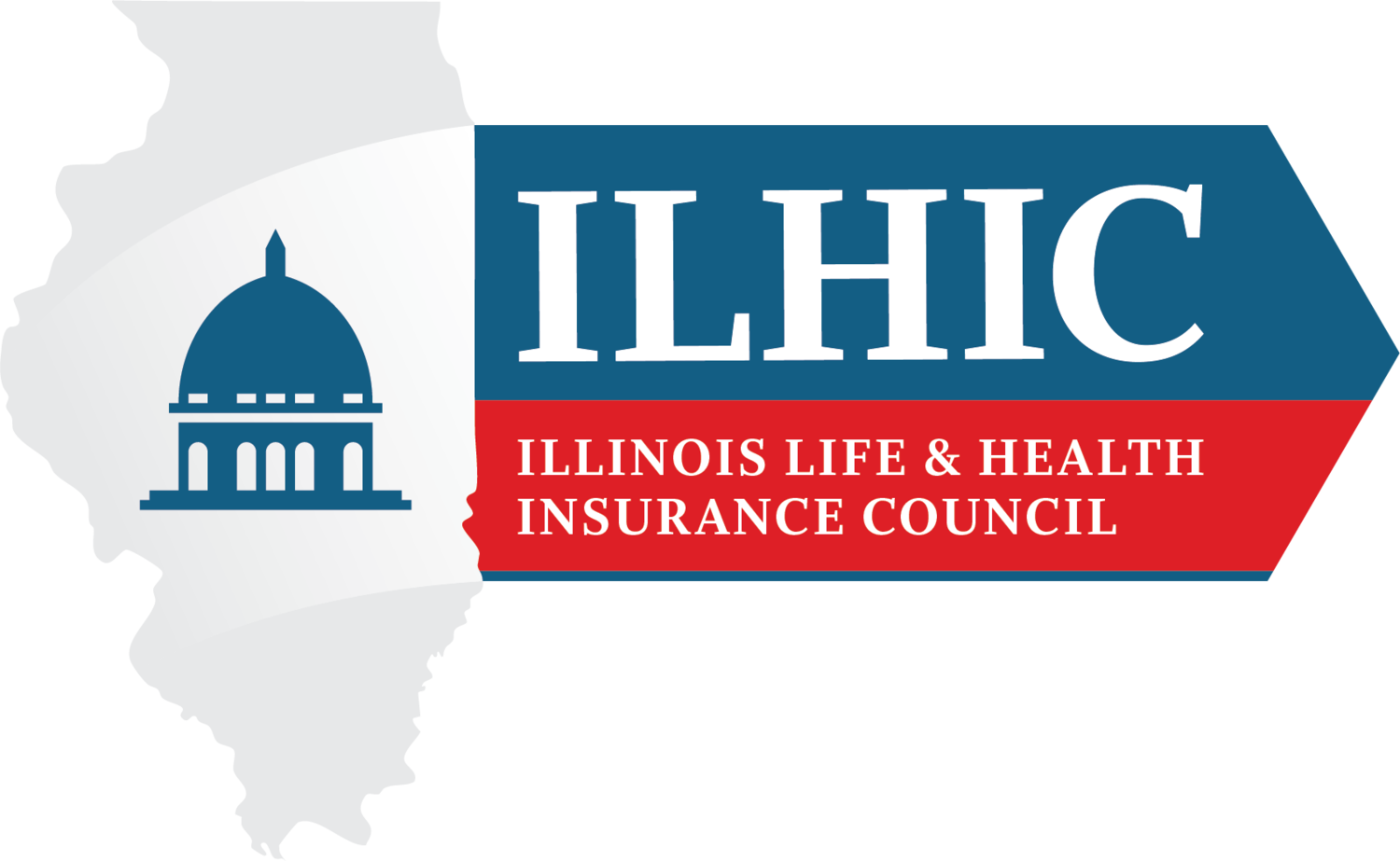Life Happens: A State’s Opportunity to Utilize Private Insurance for Paid Family Leave
In America, individuals can take up to 12 weeks of leave each year for a birth of a new child, adoption, foster care placement, caring for a family member with a serious medical condition, or if the individual has a serious health condition.[1] As long as the employee has worked a prerequisite number of hours, they are entitled to this time to balance their life with their work. This protection allows the individual to return to their job. However, there is no mandated income replacement available for those who must leave their job to take leave under the Paid Family Leave Act.
Illinois is unprepared for the years ahead. Younger Americans are on the cusp of navigating the “gray tsunami,” which will result in an increase of individuals over the age of 65 by 110% by 2050.[2] As younger families start to find ways to take care of their aging parents, they are also grappling with growing their family without taking any parental leave time to bond with their new children. One of the policies to relieve this growing pressure is establishing a state-paid family leave program.
States across the country are looking at different ways of delivering this benefit to employees. Infrastructure, state fiscal requirements, and efficiency vary from state to state. Policymakers have an opportunity when crafting this program to utilize businesses already built to provide similar benefits, establishing an efficient and fiscally sound opportunity for employees and employers in Illinois. Establishing a public-private partnership infrastructure for paid leave programs with private insurers is the most efficient and cost-effective way to provide these benefits to various types of workers.[3]
Virginia, Arkansas, Florida, and Tennessee passed legislation that allows insurers to create new paid leave products to offer alongside traditional disability income insurance.[4] Providing these products is not novel to the insurance industry. Sixty-two million Americans already receive paid medical leave benefits through private insurers.[5] Insurers pay out $11.3 billion annually in disability claims for workers who take time to welcome a child into their home or recover from an illness or injury.[6]
A public-private partnership with private insurers will allow for the opportunity to reach a larger group of individuals. For example, New York’s public-private partnership created an infrastructure to allow private insurers to provide paid leave program benefits to independent contractors and gig workers, sectors that are increasing at a rapid pace.[7] Leveraging private insurance companies in the gig economy would also combat inequity in benefits. Hispanic, African American, and Asian individuals have been reported to be involved in the gig economy at a higher percentage than other ethnicities.[8] By establishing the authority in the State to allow private insurers to write and provide paid leave programs with flexibility in the workforce, policies can mirror the diverse ways that Illinoisians work, gig or otherwise.
Policymakers crafting a paid family leave program in their State would do well to leverage the private insurance industry to provide efficient and low-cost paid leave benefits to cover Illinoisians in various employment and times in their life.
[1]Family and Medical Leave Act (FMLA); U.S. Department of Labor; Family and Medical Leave Act (FMLA) | U.S. Department of Labor (dol.gov) (June 29, 2023).
[2]Left Field; Millennials Stepping Up: How will we take care of our parents?, Sky Dylan- Robbins; NBCNews; Millennials stepping up: How will we take care of our parents? (nbcnews.com) (May 8, 2018).
[4] Model Partnership: Private Sector and Paid Leave, Cindy Goff; ACLI IMPACT; Model Partnership: Private Sector and Paid Leave - ACLI IMPACT (May 15, 2023).
[5] Paid Leave for All Takes All of Us; ACLI; acli_paidleaveplan.pdf (June 29, 2023).
[6] Id.
[7] Id. and More Americans are taking jobs without employer benefits like health care or paid vacation, Rani Molla; Vox; More Americans are taking jobs without employer benefits like health care or paid vacation - Vox (Sept. 3, 2021).
[8] Racial and ethnic differences stand out in the U.S. gig workforce, Risa Gellis-Watnick and Monica Anderson; Pew Research Center; In the U.S. gig workforce, racial and ethnic differences stand out | Pew Research Center (Dec. 15, 2021).


